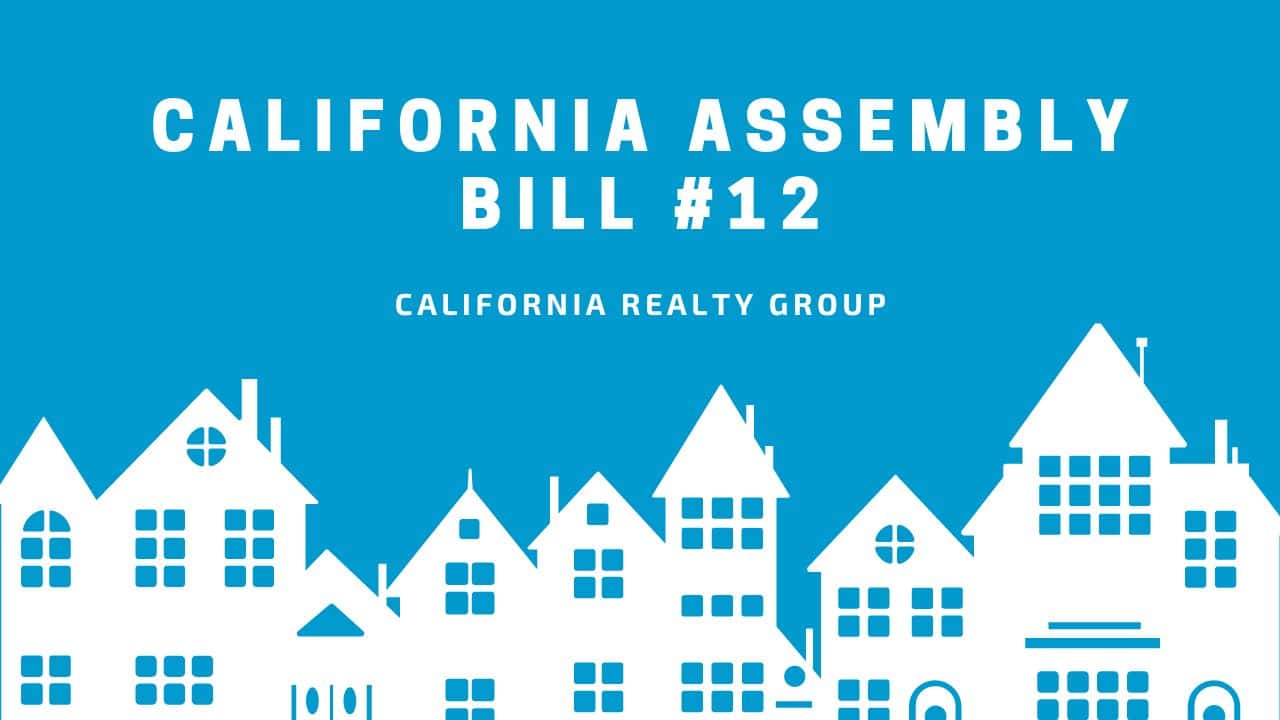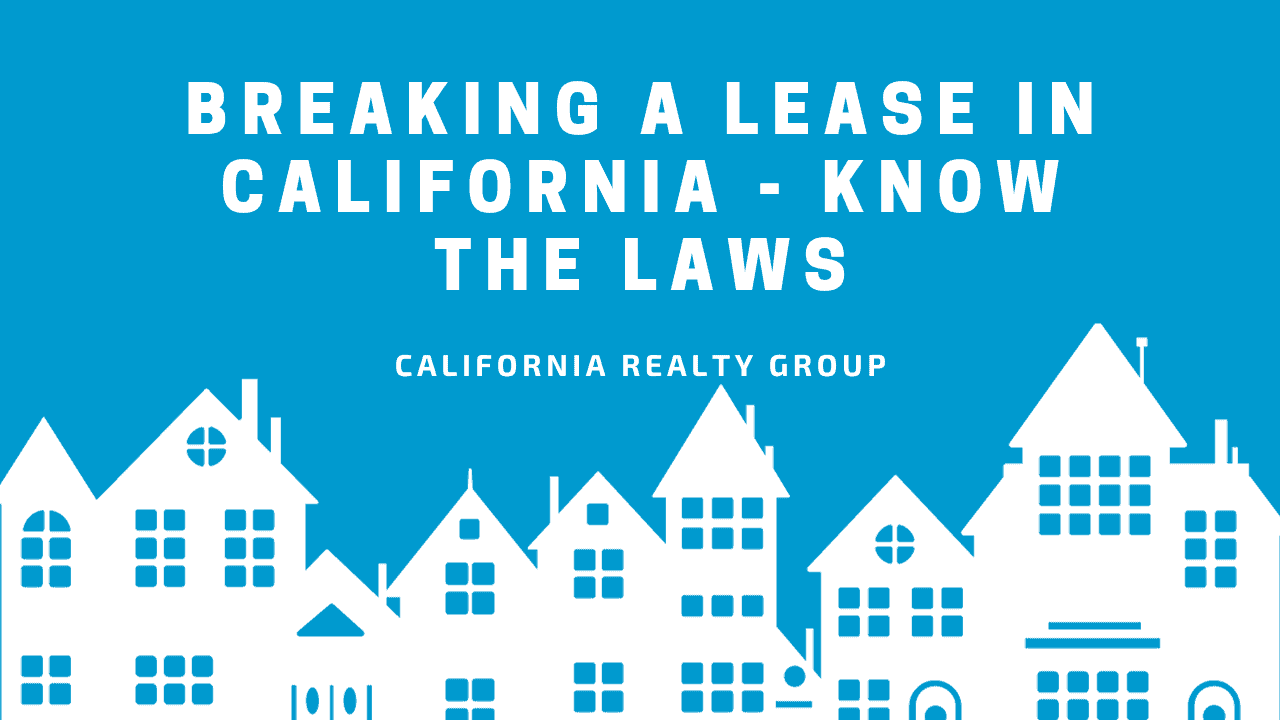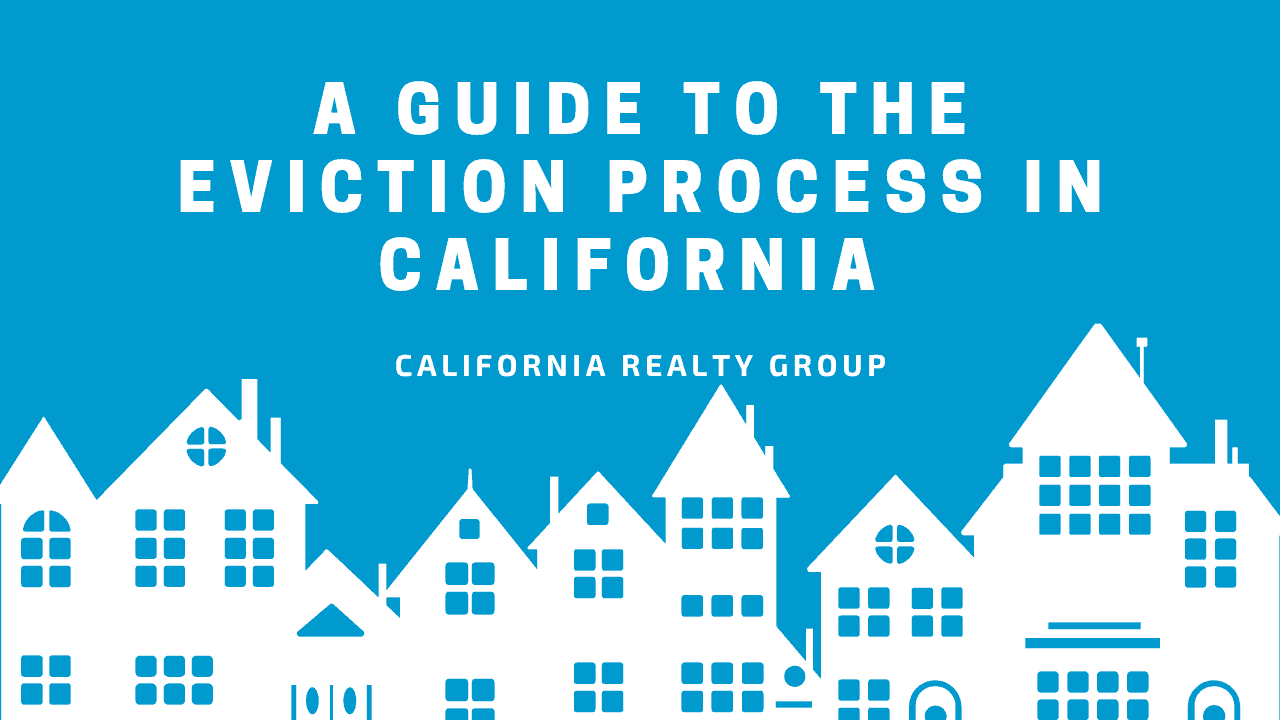
All individuals and entities involved in a housing transaction should comply with the fair housing law, including landlords, sellers, real estate agents, lenders, appraisers, and insurance providers. The goal of this law is to prevent any housing discrimination against any individual based on factors that they have no control over.
What is the Federal Fair Housing Act?
The Fair Housing Act, formally known as Title VIII of the Civil Rights Act of 1968, is a significant piece of federal legislation in the United States that aims to eliminate discrimination in housing, even in the case of breaking a lease early.
The primary purpose of the Act is to protect the buyer or renter of a dwelling unit from any discrimination from landlords, sellers, and other housing providers. Its goal is to ensure that all individuals have equal access to housing, regardless of race, color, religion, sex, familial status, national origin, or disability.
The U.S. Department of Housing and Urban Development (HUD) is the federal agency responsible for administering and enforcing the Fair Housing Act. Enforcement mechanisms include administrative proceedings, lawsuits, and efforts by state and local governments with fair housing laws comparable to the federal Act.
The Protected Classes Under the Federal Fair Housing Act
The federally protected classes under the Fair Housing Act in the United States are specific groups of people who are legally shielded from discrimination in housing-related activities. These classes are protected at the federal level, meaning that any discrimination in housing or housing-related activities based on these characteristics is illegal throughout the United States.

- Race: Protection against discrimination based on race ensures that individuals are treated equally regardless of their racial identity.
- Color: This refers to the protection of individuals based on their skin color, which is often associated with race but is a distinct characteristic.
- Religion: This ensures that individuals are free from discrimination based on their religious beliefs or practices.
- National Origin: This class protects individuals from discrimination based on their country of birth, ancestry, culture, or language.
- Sex: Originally, this protected class was intended to prevent discrimination based on gender. It has been interpreted and expanded in some jurisdictions to include gender identity and sexual orientation.
- Familial Status: This protection covers families with children under the age of 18, pregnant women, and people securing custody of children under 18.
- Disability: Individuals with physical or mental disabilities are protected, and this includes ensuring reasonable accommodations in housing and accessibility in new constructions.
Additional Protection Under the California Fair Housing Act
The California Fair Housing Act provides additional protections on top of the seven federally protected classes. Some of the additional protected classes under California law include:
- Sexual Orientation: This protects individuals from discrimination based on their sexual orientation, whether they are heterosexual, homosexual, or bisexual.
- Gender Identity and Gender Expression: These provisions ensure protection for individuals based on their gender-related identity, appearance, behavior, or expression, regardless of whether it differs from that traditionally associated with the person’s sex at birth.
- Marital Status: This protects individuals from discrimination based on marital status, whether they are single, married, divorced, or widowed.
- Ancestry: This protects individuals based on their family lineage or national origin, which may encompass ethnic groups, linguistic groups, or certain nationalities.
- Source of Income: This includes protection against discrimination based on the source of a person’s income, such as social security, pensions, government assistance, or any other lawful source of income.
- Age (40 and above): While not covered under the Federal Fair Housing Act, California law provides protection for individuals aged 40 and older from housing discrimination.
- Military or Veteran Status: This includes protection for current and former members of the military.
- Citizenship, Immigration Status, and Primary Language: This is particularly significant in a state with a large and diverse immigrant population, ensuring that individuals are not unfairly treated in housing matters due to their nationality or immigration status.
- Arbitrary Characteristics: This provision allows for flexibility and adaptability in addressing various forms of discrimination that may arise.
Exceptions to the Fair Housing Act
There are exemptions to the Fair Housing Act, which are as follows:
- Owner-Occupied Buildings with Four or Fewer Units: If the owner lives in one of the units in a building with four or fewer units, the Fair Housing Act does not apply. However, advertising discriminatory preferences in these situations is still illegal.
- Single-Family Housing Sold or Rented without a Broker: If an individual owner sells or rents a single-family house without the use of a real estate broker or agent, and owns fewer than three such houses, they may be exempt from the Fair Housing Act. However, as with the owner-occupied exemption, discriminatory advertising is not allowed.
- Housing Operated by Religious Organizations: A religious organization can limit occupancy or give preference to persons of the same religion unless membership in the religion is restricted because of race, color, or national origin. The organization must not be for commercial purposes.
- Private Clubs: A private club not open to the public may restrict the rental or occupancy of lodgings it owns to its members as long as the lodging is not operated for commercial purposes.
- Age-Restricted Communities: The Housing for Older Persons Act (HOPA) provides exemptions that allow communities to be designated as 55+ or 62+ communities, exempting them from familial status discrimination provisions, provided they meet specific criteria and cannot be charged, say, an extra security deposit
Bottom Line
The Fair Housing Act in California is essential in promoting equal housing opportunities. It safeguards individuals from discrimination based on various factors, including race, religion, gender, and more, with the additional protections extended by the Golden State.
It’s important to understand this law to prevent any violations that may lead to hefty fines, income loss, and legal-related issues. If you have questions, don’t hesitate to contact the California Realty Group and we’ll be happy to help you!
Disclaimer: Please note that the information provided in this blog is intended for general guidance and should not be considered as a replacement for professional legal advice. It is important to be aware that laws pertaining to property management may change, rendering this information outdated by the time you read it.
February 21, 2024
California Assembly Bill #12
December 29, 2023
Reasons to Invest in Temecula Real Estate
November 29, 2023
Best Areas to Invest in Riverside County
October 27, 2023
Top Tips When Buying Investment Property in Temecula
September 29, 2023
Breaking a Lease in Temecula, California – Know the Laws
August 22, 2023
A Guide to the Eviction Process in California
July 20, 2023










